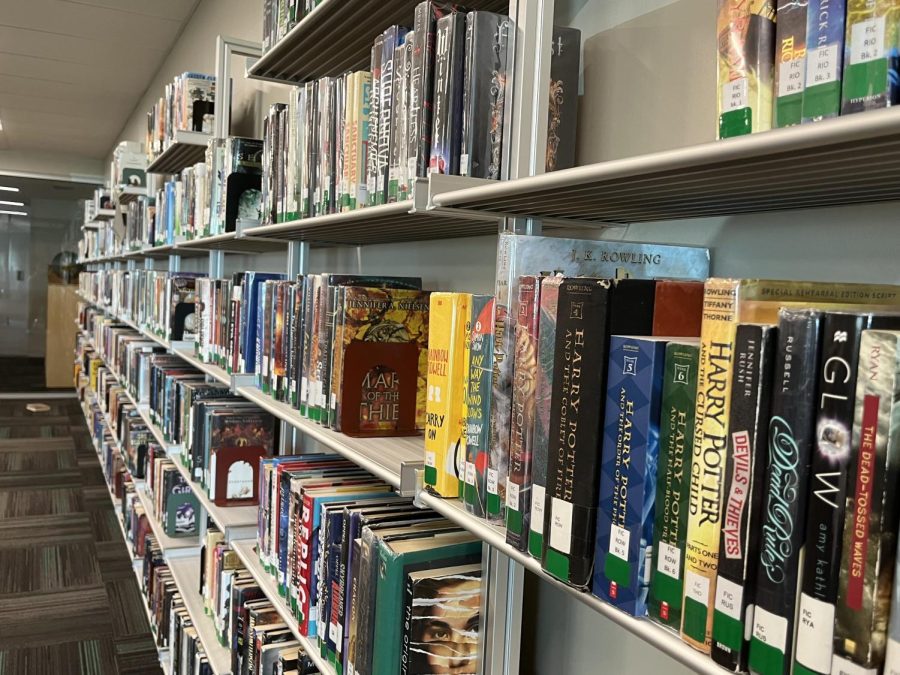Banning books restricts education, representation
According to CBS, over 1,600 books were banned in one year in American school districts. Unfortunately, this has created an unpleasant reality for many students; censored education.
Proponents would argue that most books that have been restricted, like novels containing subjects of sexual assault or hate speech, have rightful reasoning to be banned. However, other books containing same-sex romance and transgender content have also been banned in certain districts.
This has raised the question among students; are schools banning books for ‘student safety’, or is it for the perpetuation of their own bigotry?
One of the many banned books containing LGBTQ+ content was a book written by one of the most well-known transgender individuals, Jazz Jennings. Being banned thirteen times in 2014, for, according to school districts, inaccurate claims, homosexual content, sex education, religious viewpoints, and an unsuitable target age group. Additionally, Jennings has a television show, “I Am Jazz” that airs on TLC, discussing her life and journey as a transgender woman. Along with her show, she has also released two autobiographies, “I Am Jazz” and “Being Jazz: My Life As A (Transgender) Teen.”
Jennings addressed the ban of her novels. “Legislators ban the book out of fear that it will ‘recruit’ or ‘brainwash’ kids into being LGBTQ+…” Jennings explains.
In recent years, there has been a drastic change in America as society has started to socially accept transgender people. However, being transgender in this modern-day world can still be cruel; hate crimes and verbal assaults are still very prevalent in society. With the number of transgender youth that are now open with their identities, banning these books is extremely harmful to how this generation’s youth grows up. Trans youth is now faced with a lack of self-reflection leading to the question, ‘why is my identity so taboo in modern-day society?’
Even though this inclusion has been guarded by school districts across the country, none are currently banned in the USD 232 district. Jennifer Sosna, the school librarian, shares her knowledge about book banning in the district.
“There have been no books banned in the school or district. The only banned books I have heard about are a few books in the Olathe and Blue Valley districts. I believe they were banned for violent content.”
While De Soto High School students are fortunate to have access to most books, the prohibition of books in other schools has the capacity to impact this current generation of adolescence. Taking away stories like Jennings’ or other LGBTQ+ educational books can do serious damage for current youth later on down the road. Not reading or learning about the topics during adolescence can lead to an even more dangerous future for the LGBTQ+ community. Education is a virtue, why take it away from children?

Meet Liz Coenen, the Graphic Design Editor. This is Liz's senior year, as well as her second year on staff. When Liz isn't designing for The Green...


